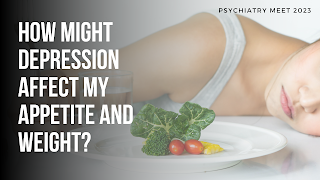Unmasking the Mystery: Exploring the Psychological Impact of Masks in Psychiatry
 |
Euro Neuro 2024 |
The Psychology of Masks:
- Examine the psychological effects of wearing masks, including the impact on social interactions, emotional expression, and identity perception.
- Discuss how masks alter nonverbal communication cues, such as facial expressions and eye contact, and their implications for interpersonal relationships.
- Explore cultural and historical perspectives on the symbolism of masks and their influence on individual and collective psyche.
Masking Emotions: Concealment vs. Authenticity:
- Explore the potential consequences of emotional suppression on mental health, including increased stress, social isolation, and psychological distress.
- Investigate the phenomenon of emotional masking, wherein individuals conceal their true feelings behind a figurative mask.
- Discuss therapeutic approaches, such as emotion regulation strategies and expressive arts therapies, to promote emotional authenticity and well-being.
- Explore the concept of persona as a social mask, representing the facade individuals present to the world.
- Examine the psychological dynamics of identity construction and the interplay between authentic self-expression and social conformity.
- Discuss the impact of mask-wearing on self-perception and the negotiation of identity in diverse social contexts.
- Investigate the phenomenon of mask-related anxiety and phobias, including fear of suffocation, contamination, and social judgment.
- Explore the underlying psychological mechanisms driving mask-related fears, such as cognitive biases and conditioned responses.
- Discuss evidence-based interventions, including exposure therapy and cognitive-behavioral techniques, for addressing mask-related anxiety and promoting adaptive coping strategies.
- Highlight resilience narratives of individuals who have navigated challenges associated with mask-wearing, including healthcare workers, individuals with sensory sensitivities, and survivors of trauma.
- Explore adaptive coping mechanisms and strategies for cultivating resilience in the face of mask-related stressors.
- Discuss the role of community support, psychoeducation, and mental health advocacy in promoting understanding and acceptance of mask-related experiences.
The omnipresence of masks in our daily lives presents a unique lens through which to examine the intersection of psychology, culture, and public health. By unraveling the psychological intricacies of mask-wearing, psychiatry can offer valuable insights into the human experience and contribute to the development of holistic approaches to mental health care. As we continue to navigate the complexities of the post-pandemic world, understanding the psychological impact of masks holds significance not only for individual well-being but also for fostering empathy, resilience, and collective healing.



Comments
Post a Comment